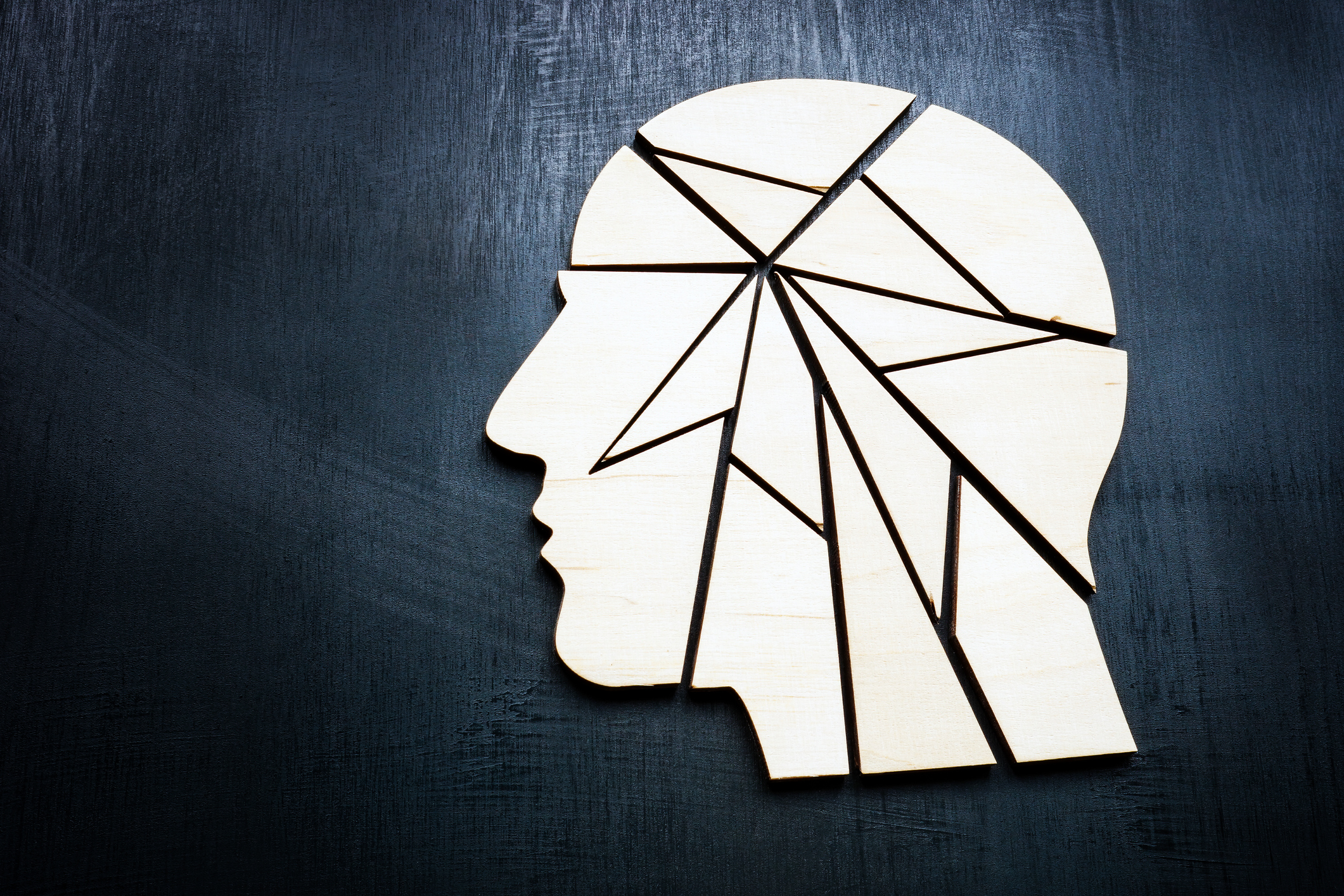Loss and Recovery

The great H. Norman Wright once wrote that the most important element in recovering from loss is to remain connected to other people. This has no doubt been even more difficult if you have experienced a loss due to COVID-19 where some have not been able to reconnect with others at all. Not only has there been the loss itself, but there is now a secondary loss thanks to not being able to grieve with others. Below are a few things from Dr. Wright that may help in your grieve recovery.
- Being traumatized is not incurable; recovery is possible, but it is a slow process.
- You will need to work with a professional, someone who is equipped to assist those experiencing trauma.
- You can promote healing through understanding. The more you learn about trauma, the more you will feel control in your life.
There are three stages in trauma recovery—
- The thought stage: fully facing trauma, remembering it, & reconstructing it mentally. This isn’t a matter of dwelling in the past but of taking fragmented and disconnected memories and pulling them together so that you can make sense of the present. When accomplished, you will be able to view what happened from a new perspective—an objective view rather than a judgmental view. Look at what happened as a detached observer rather than as an emotionally involved participant. If you’re able to work through this, you’ll have a better understanding of how this has impacted your life and be able to reduce any self-blame.
- The emotional stage: this deals with the mental and emotional part. It will require you to face any feelings you have repressed because of the trauma. It is important to experience these emotions at the gut level. This can be difficult due to fear of feeling this way, as well as hurting even worse or losing control. You don’t have to act on the feelings, nor will they take over your life. But you do need to face them. The emotions could include anything from anger to anxiety to grief to fear to sadness just to name a few.
- The mastery stage: finding new meaning through what you have experienced and develop an overcomer perspective rather than continuing to see yourself as a victim. This involves making your own decisions instead of allowing experiences, memories, or other people to make decisions for you. This is a time of growth, change, and new direction in your life.
When you’ve experienced trauma, sometimes that’s all you remember and may be used to define the entire rest of your life. In closing, ask yourself these questions below. Spend time processing them if you have experienced a trauma or loss. And if you would like someone to help you process the answers, feel free to give me a call.
Look at your life as it was:
What was your life like before the trauma?
Looking at your life as you want it to be:
What are your goals or dreams for yourself now?
What would you like to be different now?


